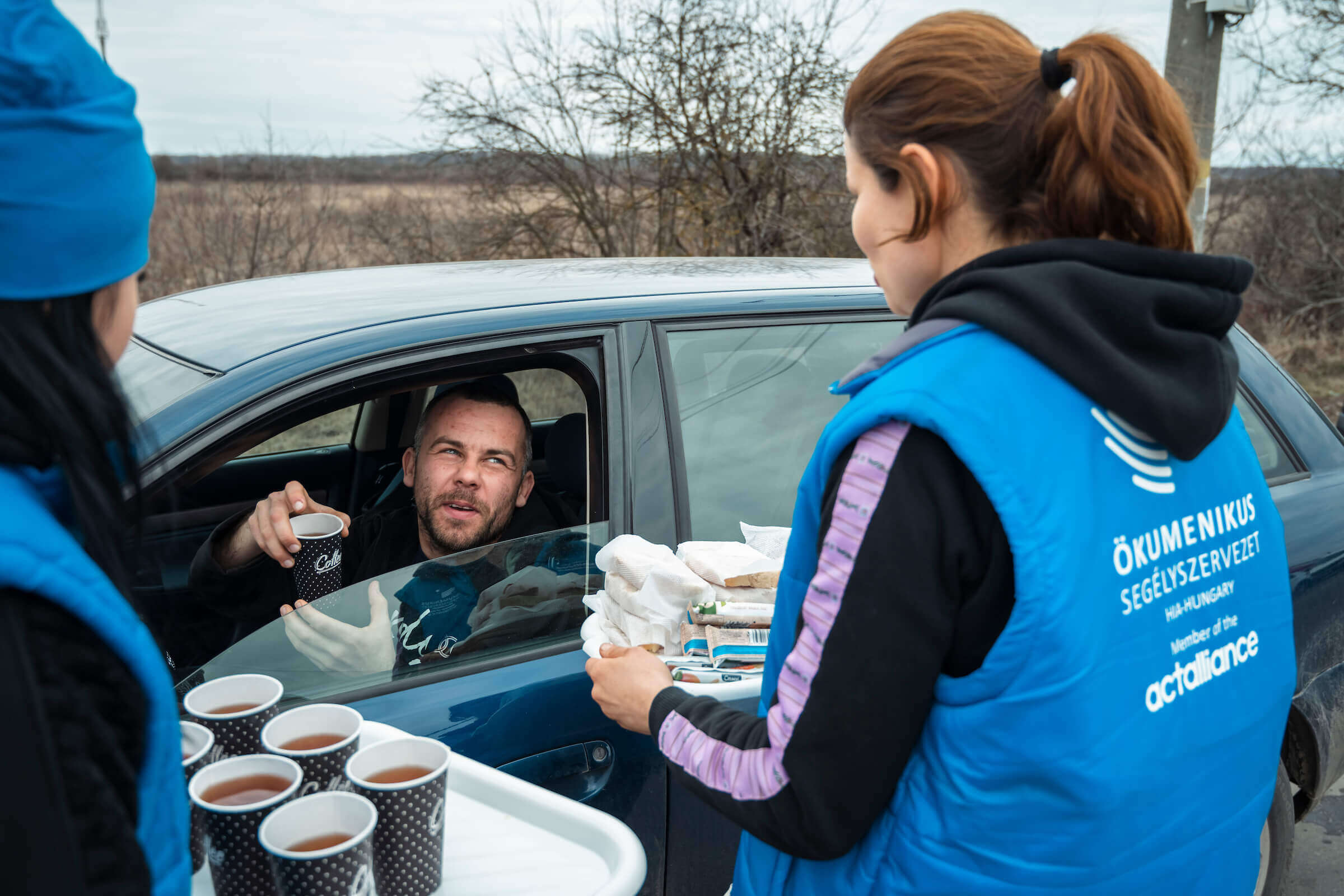The World Health Organisation opened the 75th World Health Assembly yesterday on Sunday, the 22nd of May, 2022.
Tomorrow, the Assembly will discuss WHO’s work in health emergencies and the plans to improve pandemic preparedness.
Four regions are currently experiencing a rise in Covid-19 cases, and the number of deaths is on the rise in Africa. The pandemic is not over, while the attention and the funding seem to be fading.
Governments in Europe are cutting their aid budgets including funding for global health. While the WHO is calling for adequate resources from States to meet its crucial mandate, some traditionally key donors are channelling less than expected funding into its structure, and other global health initiatives.
The update submitted to the assembly from the Independent Panel for Pandemic Preparedness is worrying. They argue that progress is slow and, in their words, at the present pace “the world is laying the groundwork for failure and the risk of a new pandemic with the same devastating consequences”.
“If confirmed, these budget cuts are worrisome especially at a time when we should redouble our efforts to prevent future pandemics, not reduce them. The humanitarian impact of outbreaks like the COVID-19 has a negative effect not only on community and global health but also on justice and human rights. I trust that governments will reconsider these myopic cuts and work collectively to strengthen and support WHO’s work”, says the General Secretary of the ACT Alliance Rudelmar Bueno de Faria.
“Now is the time to build WHO stronger, not to weaken this important tool for pandemic preparedness”, says Dagfinn Høybråten, General Secretary of Norwegian Church Aid, a member organisation of the ACT Alliance.
“We are concerned of the overall cuts to development aid, including cuts to important global health work such as the Global Fund as seen in Sweden. Even before the COVID-19 pandemic struck, the world was not on track to reach the SDG 3 on health and wellbeing. A strong and ongoing investment in global health is crucial to build back better from the pandemic.” says Erik Lysen, moderator of the ACT Alliance and Director of Act Church of Sweden.
For media enquiries please contact:
Daniela Varano, ACT Alliance, daniela.varano@actalliance.org or
Dr Marianna Leite, Global Advocacy and Development Policy Manager, ACT Alliance, marianna.leite@actalliance.org
ACT Alliance is a global network of religious organisations and churches operating in more than 145 countries worldwide working on humanitarian relief, migration and displacement, climate and gender justice.







